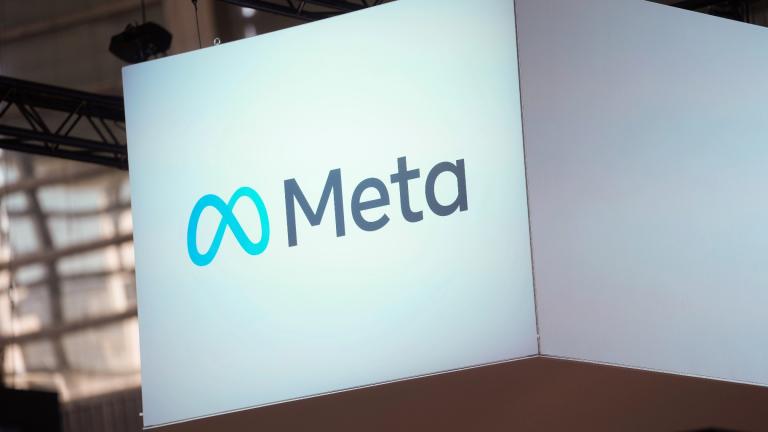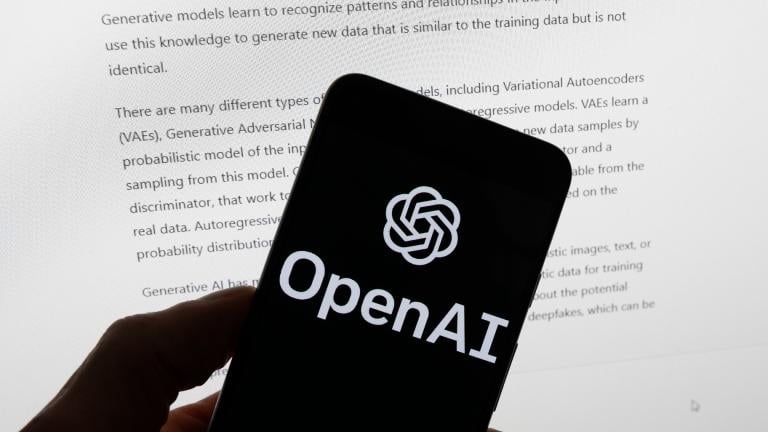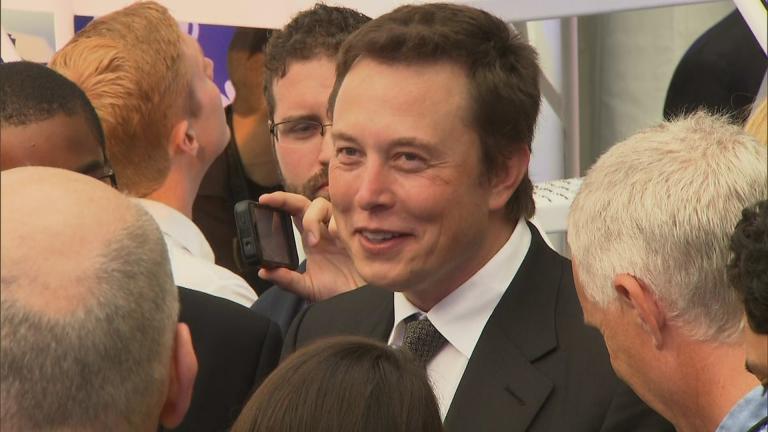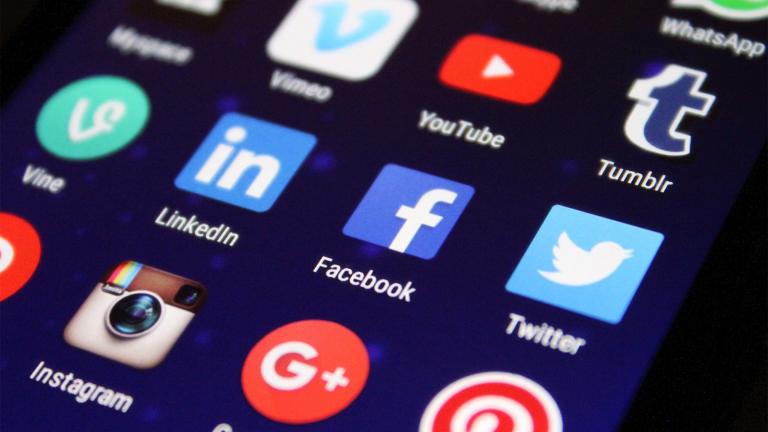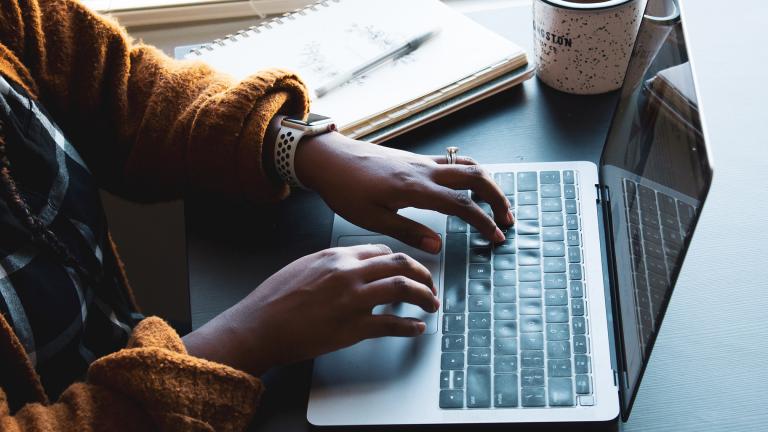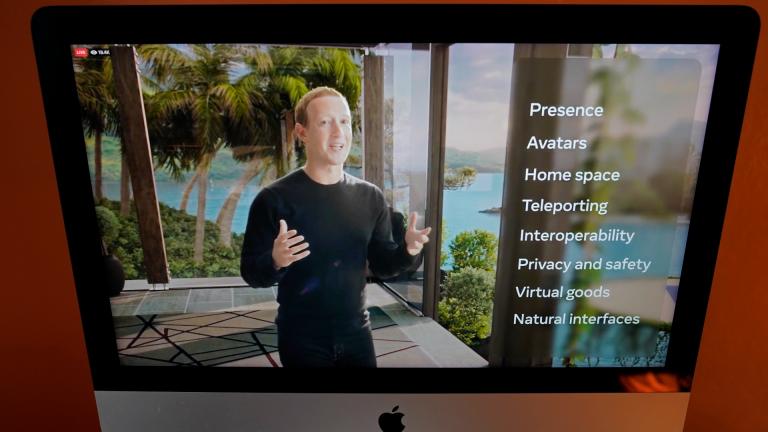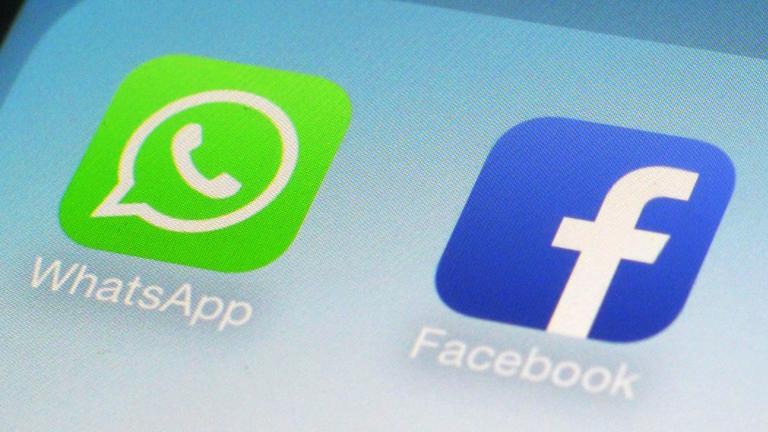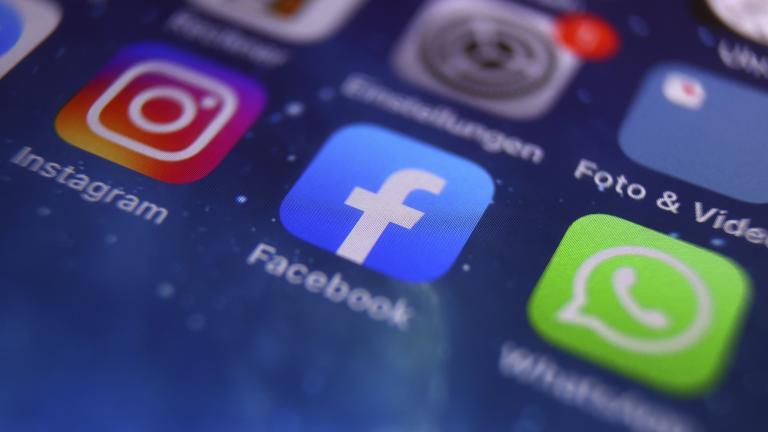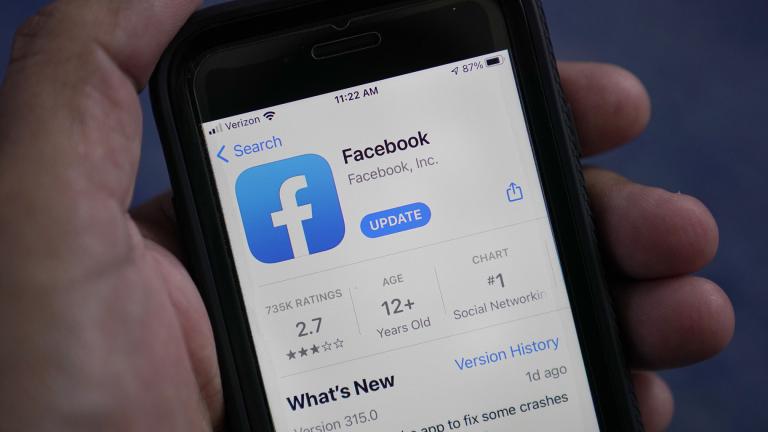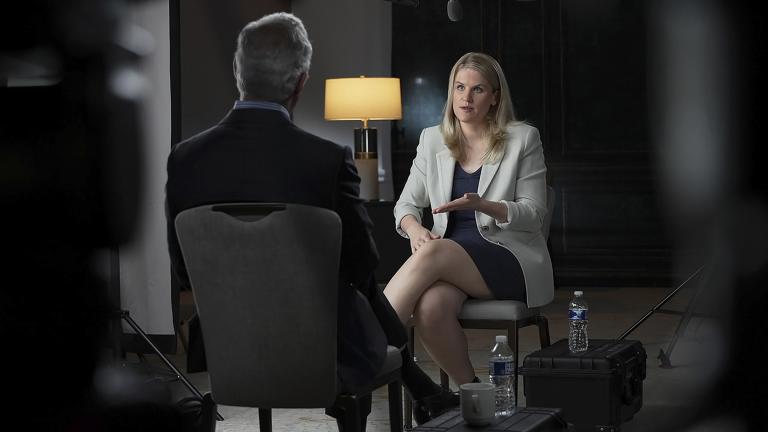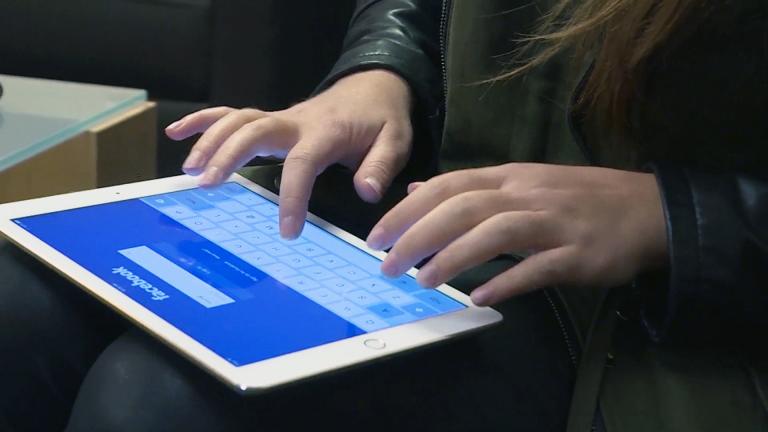A lawsuit filed by 33 states in federal court in California, claims that Meta routinely collects data on children under 13 without their parents’ consent, in violation of federal law.
Facebook’s parent, Meta, in December agreed to pay $725 million to settle a host of privacy-related class action lawsuits alleging, among other things, that Facebook let third parties access its users’ private data and that of their friends without users’ permission.
The White House said Friday that it has secured voluntary commitments from seven U.S. companies meant to ensure their AI products are safe before they release them.
A wave of layoffs at tech giants like Facebook parent Meta, Amazon and Twitter — along with falling share prices — seems to signal a changed environment for big tech.
Platforms like Facebook and Twitter are generally staying the course from the 2020 voting season, which was marred by conspiracies and culminated in the Jan. 6 insurrection at the U.S. Capitol. Video app TikTok, which has soared in popularity since the last election cycle, announced Wednesday it is launching an election center.
The company faces challenges on multiple fronts, but it was a dismal earnings report Wednesday that triggered the sudden collapse in its share price.
Marginalized people often suffer the most harm from unintended consequences of new technologies, according to researcher Breigha Adeyemo who shares ways to make them more inclusive.
Facebook CEO Mark Zuckerberg said his company is rebranding itself as Meta in an effort to encompass its virtual-reality vision for the future — what Zuckerberg calls the “metaverse.”
The metaverse is the latest buzzword to capture the tech industry’s imagination. Facebook is hiring thousands of engineers in Europe to work on it, while video game companies are outlining their long-term visions for what some consider the next big thing online.
Facebook is also planning to introduce new controls for adults of teens on an optional basis so that parents or guardians can supervise what their teens are doing online. These initiatives come after Facebook announced late last month that it was pausing work on its Instagram for Kids project.
Santosh Janardhan, Facebook’s vice president of infrastructure, said in a blog post that Facebook, Instagram and WhatsApp going dark was “caused not by malicious activity, but an error of our own making.”
The six-hour outage was a headache for many casual users but far more serious for the millions of people worldwide who rely on the social media sites to run their businesses or communicate with relatives, parents, teachers or neighbors.
Frances Haugen, testifying to the Senate Commerce Subcommittee on Consumer Protection, also offered thoughtful ideas about how Facebook’s social media platforms could be made safer.
Facebook and its Instagram and WhatsApp platforms are back online after a massive global outage plunged the services and the businesses and people who rely on them into chaos for hours Monday.
A data scientist who was revealed Sunday as the Facebook whistleblower says that whenever there was a conflict between the public good and what benefited the company, the social media giant would choose its own interests.
For many of us, social media is a convenient way to keep in touch with family, friends and colleagues. But sharing false information on platforms like Facebook during a global pandemic can have life or death consequences.

